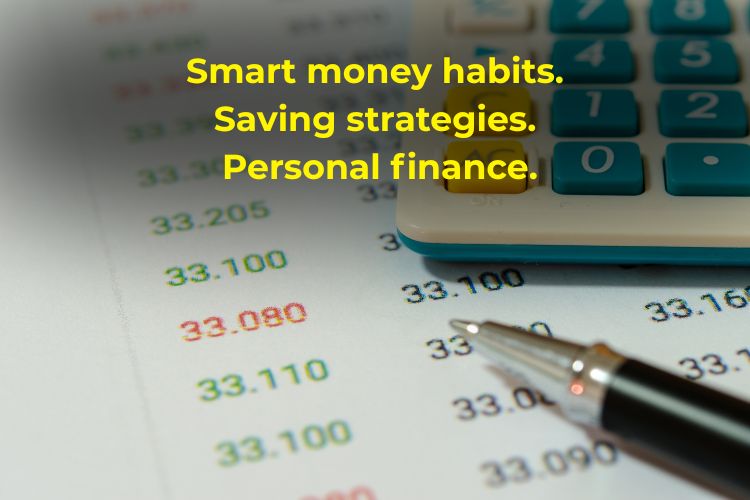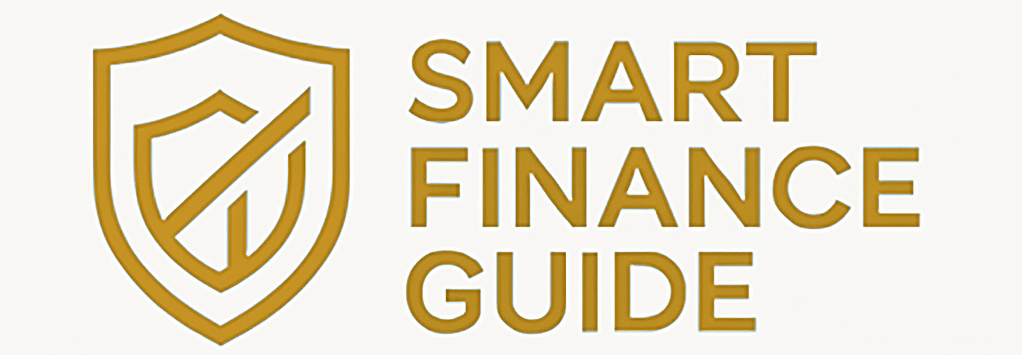Developing smart financial habits is the key to building long-term wealth and achieving financial peace of mind. While financial success might seem out of reach for many, it’s often the result of consistent, intentional behaviors rather than big one-time events. Whether you’re just starting your journey or looking to refine your approach, focusing on foundational financial habits can make a lasting impact.
In this article, we’ll break down 7 essential financial habits that can help you gain control over your money, reduce stress, and build a stronger financial future.
1. Create and Stick to a Budget
One of the most important financial habits you can develop is budgeting. A budget acts like a roadmap for your finances, showing you where your money goes each month and helping you make informed decisions.
Tips for better budgeting:
- Track your income and expenses using an app or spreadsheet.
- Categorize spending (essentials, savings, fun, etc.).
- Set spending limits based on your financial goals.
- Adjust monthly to reflect life changes.
A good budget gives you clarity and control—two key ingredients for financial stability.
2. Pay Yourself First
Before you pay bills, buy groceries, or enjoy a night out, make sure you pay yourself first. This means automatically allocating a portion of your income to savings or investments as soon as you get paid.
This habit ensures that saving becomes non-negotiable, and over time, it becomes second nature.
How to start:
- Set up automatic transfers to a savings or investment account.
- Start with a small percentage (5–10%) and increase gradually.
- Treat savings like a fixed expense in your budget.
3. Build an Emergency Fund
Life is full of surprises—car repairs, medical bills, or unexpected job loss. That’s where an emergency fund comes in. It’s a cash reserve designed to cover unforeseen expenses without going into debt.
Emergency fund basics:
- Aim for 3 to 6 months of living expenses.
- Store it in a high-yield savings account.
- Only use it for true emergencies.
Having a solid emergency fund reduces financial anxiety and prevents disruptions in your long-term goals.
More information: Insurance for Freelancers 8 Essential Coverages Every Self-Employed Pro Should Have.
4. Live Below Your Means
This is one of the most powerful financial habits. Living below your means doesn’t mean being cheap—it means spending less than you earn and resisting lifestyle inflation.
When you consistently spend less, you free up more money for saving, investing, or pursuing meaningful experiences.
How to practice:
- Avoid debt-driven purchases.
- Limit unnecessary subscriptions or expenses.
- Prioritize needs over wants.
The key is mindful spending—deciding what truly brings value to your life.

5. Use Credit Responsibly
Credit isn’t inherently bad—when used wisely, it can actually support your financial goals. But it can also lead to debt traps if mishandled.
Developing healthy credit habits can improve your credit score, reduce borrowing costs, and increase financial opportunities.
Best practices:
- Pay credit card balances in full each month.
- Avoid maxing out your cards.
- Check your credit report regularly for errors.
- Only open new credit lines when necessary.
Good credit behavior is a long-term asset that can save you thousands over time.
6. Invest Consistently for the Future
One of the biggest mistakes people make is waiting too long to start investing. The truth is, time in the market beats timing the market.
Even small, consistent investments can grow significantly over time thanks to compound interest.
Ways to get started:
- Use employer-sponsored retirement plans (like a 401(k)).
- Open a Roth IRA or brokerage account.
- Set up automatic monthly contributions.
- Diversify your portfolio to manage risk.
The habit of regular investing builds wealth slowly, securely, and powerfully.
7. Keep Learning About Money
Financial literacy isn’t a one-time achievement—it’s an ongoing journey. Stay curious and committed to improving your financial knowledge.
Whether it’s reading a book, listening to a podcast, or following a trusted finance blog, continuous learning empowers you to make smarter decisions.
Topics to explore:
- Taxes and deductions
- Real estate and property ownership
- Retirement planning
- Side hustles and passive income
Each new thing you learn strengthens your financial foundation and widens your opportunities.
Final Thoughts
Developing solid financial habits doesn’t require a massive income or a degree in economics. It’s about consistency, self-awareness, and long-term thinking. These seven habits—budgeting, saving, living below your means, using credit wisely, investing, and continuous learning—can set you on the path to financial confidence and freedom.
Start small. Pick one habit and commit to practicing it this week. Over time, these small shifts become lifelong tools for success.
✅ Want Help Implementing These Financial Habits?
Take action now. Review your budget, automate savings, or set a financial goal for the next 30 days. These are the small steps that lead to big outcomes.
More information: What Are ETFs? 6 Reasons They’re Great for Beginners.
FAQ – Building Healthy Financial Habits That Last.
What are financial habits and why are they important?
Financial habits are routine behaviors that affect how you manage money. Strong financial habits help you avoid debt, build savings, reach goals, and create long-term financial stability — often without needing constant motivation.
How do I start building good financial habits?
Start small. Begin by tracking your spending, setting financial goals, automating savings, and checking your accounts weekly. Consistency is more important than perfection.
What is the 50/30/20 budgeting rule?
The 50/30/20 rule suggests dividing your income into: 50% for needs, 30% for wants, and 20% for savings and debt repayment. It’s a simple way to manage your money intentionally.
How much should I have in an emergency fund?
Aim to save 3–6 months’ worth of essential expenses. Start small (e.g., $500 to $1,000) and build up over time. Keep the fund in a separate, high-yield savings account.
Can I start investing with a small amount of money?
Yes. You can begin investing with as little as $50–$100 per month using apps like Acorns, Fidelity, or Vanguard. The key is to start early and invest consistently.

